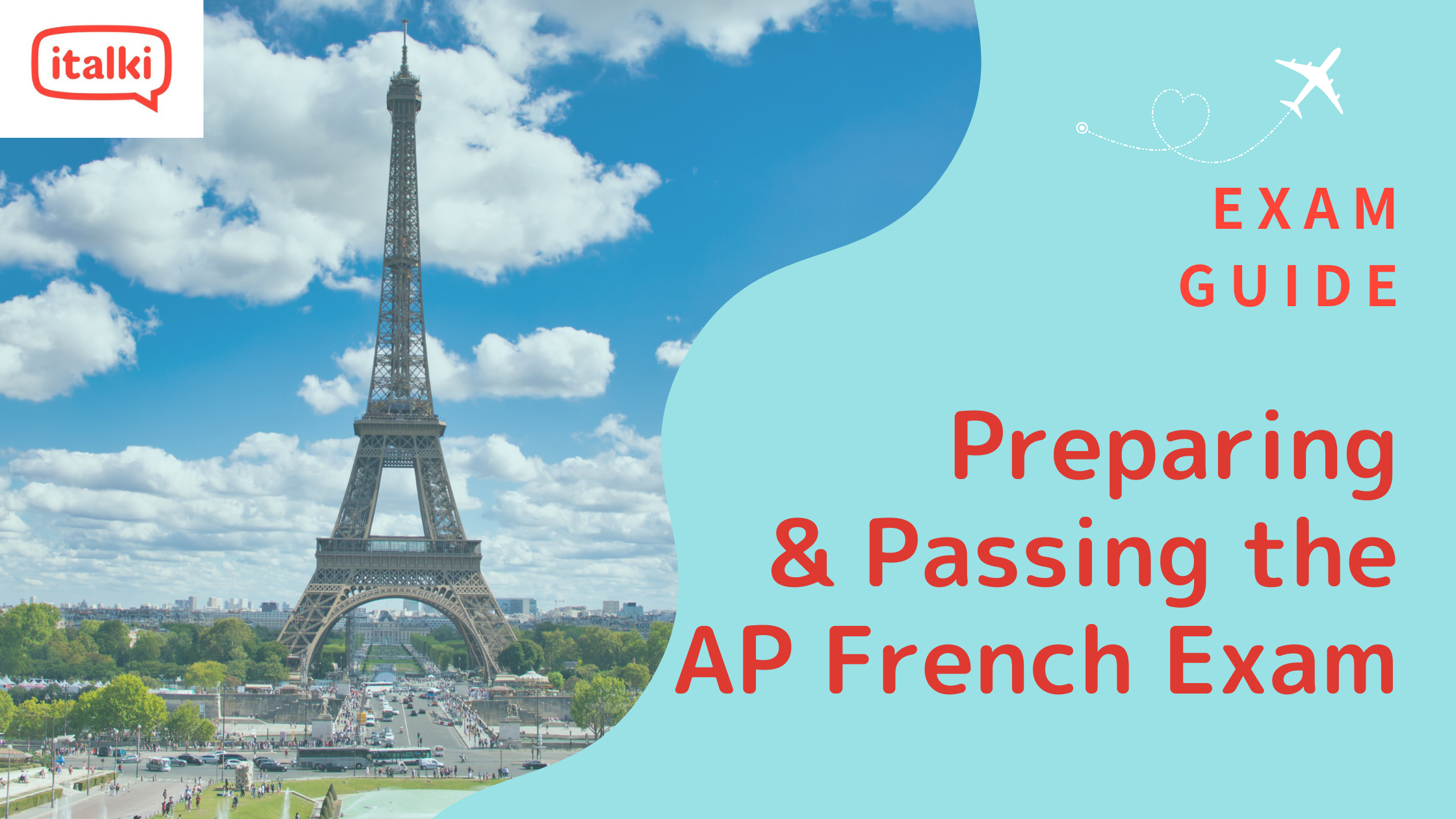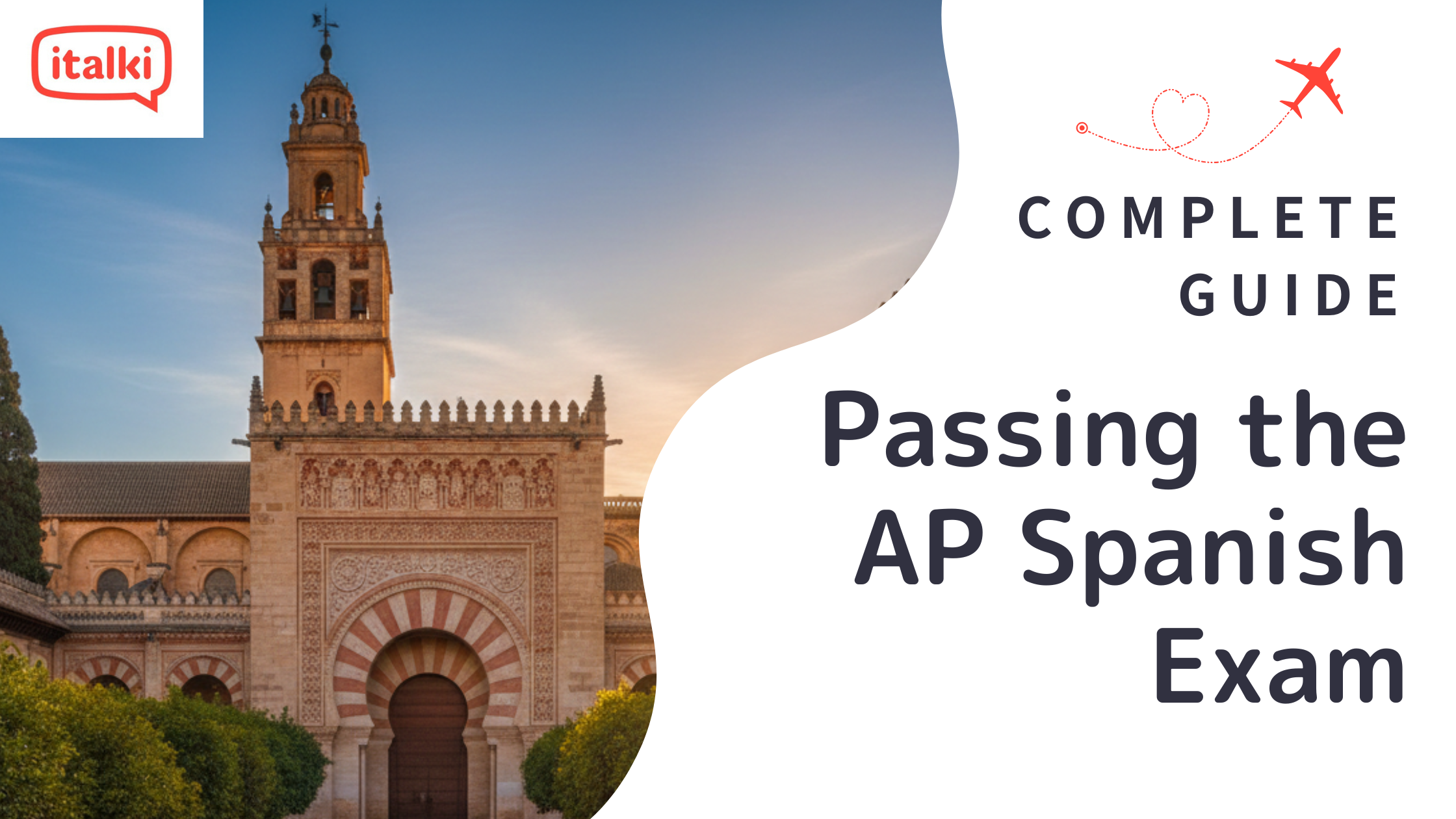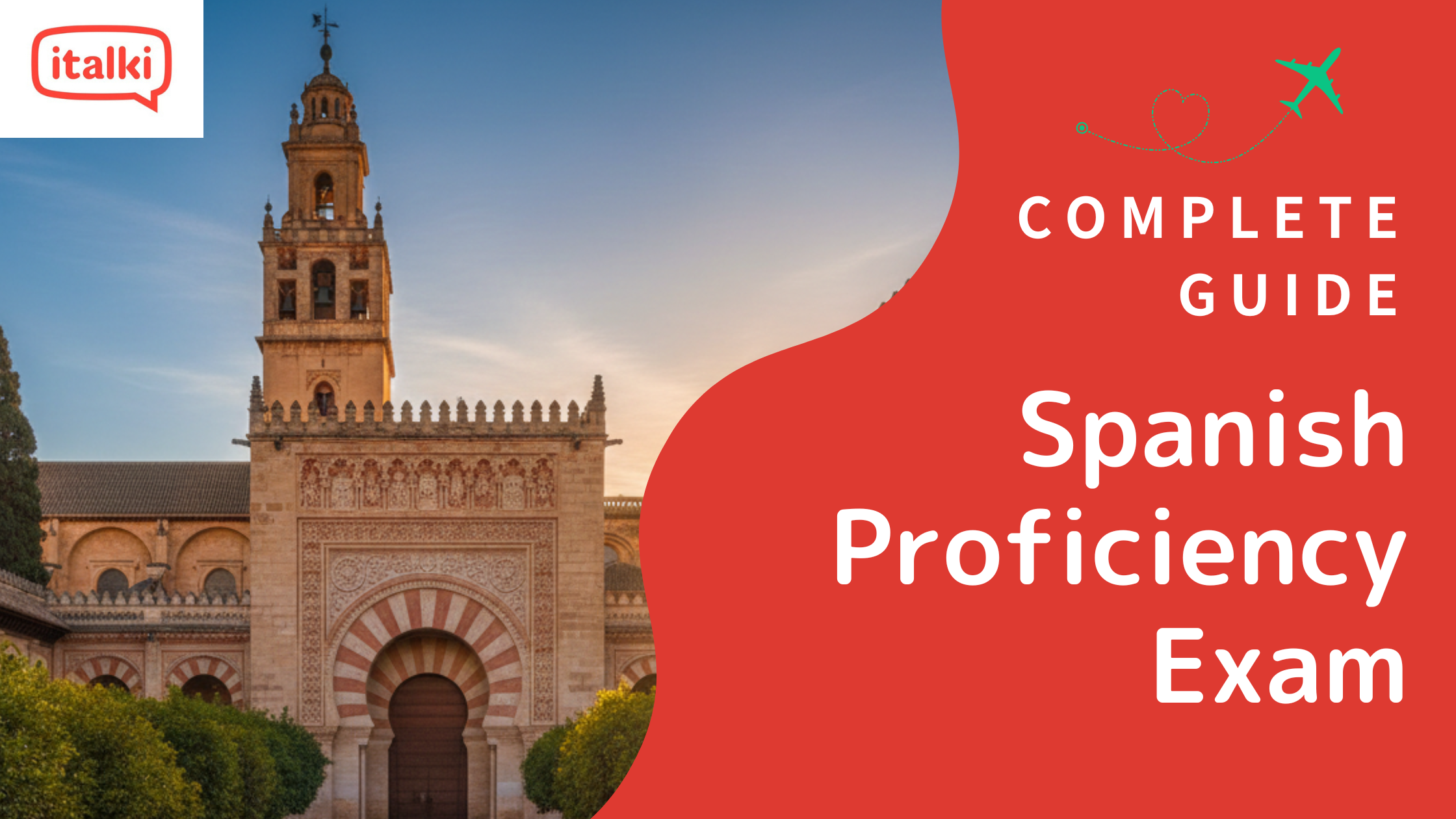German holidays are often very similar to our own, but there are a few holidays that Germans do not celebrate. Even when Germany shares holidays with other countries, they have their own unique and fun ways of celebrating them. Knowing about German holidays and the celebrations associated with them can give you an opportunity to get immersed in German culture and people.
Germans enjoy a good party, so let’s take a look at 14 different German holidays and how they are celebrated. Let’s have a look at the list of prominent German holidays and the timelines in which they are celebrated.

Important German holidays
| Neujahrstag | New Year’s Day | January 1 |
| Karfreitag | Good Friday | Two days before Easter Sunday |
| Ostern | Easter | Easter Sunday as determined by religious calendars |
| Ostermontag | Easter Monday | Monday after Easter Sunday |
| Walpurgisnacht/Hexennacht | Walpurgis Night/Witches’ Night | April 30 |
| Christi Himmelfahrt/Vatertag | Ascension Day/Father’s Day | 39 days after Easter Sunday |
| Pfingstmontag | Whit Monday | 50 days after Easter Sunday |
| Fronleichnam | Corpus Christi | 60 days after Easter Sunday |
| der Erste Mai/ Tag der Arbeit | May Day/Labor Day | May 1 |
| Muttertag | Mother’s Day | 2nd Sunday in May |
| Erntedankfest | German Thanksgiving | 1st Sunday in October |
| Tag der Deutschen Einheit | German Unity Day | October 3 |
| Martinstag | St. Martin’s Day | November 11 |
| Nikolaustag | St. Nicholas Day | December 6 |
| Weihnachten | Christmas | December 25 |
| der Zweite Weihnachtstag | Boxing Day | December 26 |
May is most likely your favorite month if you live in Germany. This is due to the abundance of holidays and massive celebrations.
Christi Himmelfahrt (Ascension Day)
This holiday, which always falls on a Thursday, commemorates the Christian belief in Jesus’ ascension to heaven. Friday is typically a Brückentag (German for “bridge” day) which means a four-day weekend.
This holiday’s dates vary from year to year, but it can occur as early as April 30th and as late as June 3rd.
Vatertag (Father’s Day)

Father’s Day falls on the same day as Christi Himmelfahrt in Germany. It is a great occasion to tell fathers how much they mean to the family.
Muttertag (Mother’s Day)

Mother’s Day is a May holiday in the United States, but it is celebrated on the second Sunday of the month rather than the first.
The celebrations are similar to ours in that mother is spoiled with gifts, brunch, chocolate, flowers, and so on.
Pfingstmontag (Whit Monday)
Whit Monday is a religious holiday commemorating the arrival of the Holy Spirit among the apostles. This one could happen as early as May 11th or as late as June 14th.

Learn German on italki
Join the global community of language learners today! Sign up for italki and start improving your language skills with native-speaking teachers from around the world.
Create an italki account
Fronleichnam (Corpus Christi)
Corpus Christi honors the blood and body of Christ. This holiday is only celebrated in south and central Germany since that’s where most Catholics are. Fronleichnam occurs as early as May 21st and as late as June 24th.
der Erste Mai (May 1st, or May Day)

Depending on where you live, this holiday celebrates a variety of things. May Day is linked to International Workers’ Day in major cities, and rallies and protests are organized in support of workers’ rights.
Some of the country’s most well-known protests take place in Berlin-Kreuzberg, where May Day celebrations frequently end in an infamous battle between activist groups and police after dark.
Walpurgisnacht/Hexennacht (Walpurgis night/Witches’ Night)
This pagan holiday is celebrated on April 30th in rural Germany and is similar to Halloween but in the spring. Technically, it’s a celebration of winter’s departure and the arrival of warmer weather. People will dress up as witches and light bonfires, while children will play practical jokes on their neighbors.
Maypoles are prepared in the morning, and people gather to dance around them while holding long ribbons attached to the top.
Learning the German language with italki
If you are planning to visit Germany any time soon, you will need to learn the German language to make your traveling a worthy experience. We recommend you get yourself registered with italki as they offer the best learning practices by German tutors online. Due to the flexibility, this approach has stood out to be one of the best online language learning platforms.

Find Your Perfect Teacher
At italki, you can find your German tutor from all qualified and experienced teachers. Now experience the excellent language learning journey!
Book a trial lesson
You can select the tutor based on your desired learning style and schedule. Book your lessons today and become fluent in German.
Fall holidays in German
Erntedankfest (Harvest Thanksgiving Festival)

This is the German version of Thanksgiving, but it differs from what you might find in the United States or Canada. Erntedankfest, observed on the first Sunday of October, is a religious holiday observed by both Catholics and Protestants in rural areas.
On this day, families will attend a church service where the altar will be decorated with sheaves of wheat and harvest fruits. The service expresses gratitude for the food through singing and prayer.
The congregation will then be treated to a celebratory feast of freshly harvested produce, wheat, honeycomb, and decorative bread. Some Germans have added a turkey to their meal due to the popularity of American TV shows, but this is far from the norm.
Martinstag (St. Martin’s Day)
Martinstag is celebrated on November 11th to commemorate St. Martin, a Roman legionary who became a bishop and was known for his generosity. The majority of families will consume a Martinsgans (Martin’s goose), and children will take part in the Laternenumzug (lantern parade).
Children spend a week creating their own lantern, which they parade through the streets with their school class, singing traditional songs such as “Ich geh mit meiner Laterne” (“I’m walking around with my lantern”).
Oktoberfest

You have probably heard of it because of its rowdy festivities, good beer, and hearty German food.
The modern celebrations are not dissimilar to the original Oktoberfest, which originated as a royal marriage celebration in the 1800s. Oktoberfest lasts two weeks and concludes on the first Sunday of October. Despite its popularity, this festival is not a public holiday.
Tag der Deutschen Einheit (German Unity Day)
Every year on October 3rd, a holiday commemorating German reunification is observed. It celebrates German reunification in 1990, just over a year after the Berlin Wall fell.
Every year, the Day of the German Unity is commemorated with a ceremonial act and a Bürgerfest (citizen’s festival) full of activities and fireworks.
Winter holidays
Weihnachten (Christmas)

While this holiday is not only observed in Germany, there are some distinct German customs. These include putting up the tree later and decorating it on Christmas Eve, using real candles on the branches, and opening gifts on Christmas Eve.
Christmas Eve is always the main holiday feast, and the traditional meal is Weihnachtsgans, Rotkohl, and Klöße (Christmas goose, red cabbage, and dumplings).
The occasions like Merry Christmas in German are celebrated in a very special way. Germans love to decorate their houses and greet people with love and respect. We recommend you observe their practices closely in order to create some great memories and everlasting friendships.
Nikolaustag (St. Nicholas Day)
On December 5th, all German children must leave a pair of their shoes outside, and the next day, St. Nicholas brings candy, chocolate, and small gifts and places them in the shoes
This gift delivery service is provided by the Christ kind (baby Jesus or an angel) in southern Germany. Some families have someone dressed up as the Weihnachtsmann or Saint Nikolaus come to their house.
He gives gifts to children after they have performed a song or read a Christmas poem, and then lectures them on something naughty they did that year.
der Zweite Weihnachtstag (Boxing Day)
This is an official public holiday on December 26th that is mostly used to relax and unwind after the Christmas festivities.
Conclusion
In this post, we have discussed some of the prominent German holidays. Knowing about these holidays and how Germans celebrate them is crucial as it gives us the opportunity to mix up with the German culture. For example, learning how to say Happy Birthday in German can help you greet your German friend in a better way.
You can also explore German holidays through German media available online. YouTube is a great source to know about German culture as well as German people.
Want to learn a language at italki?
Here are the best resources for you!













